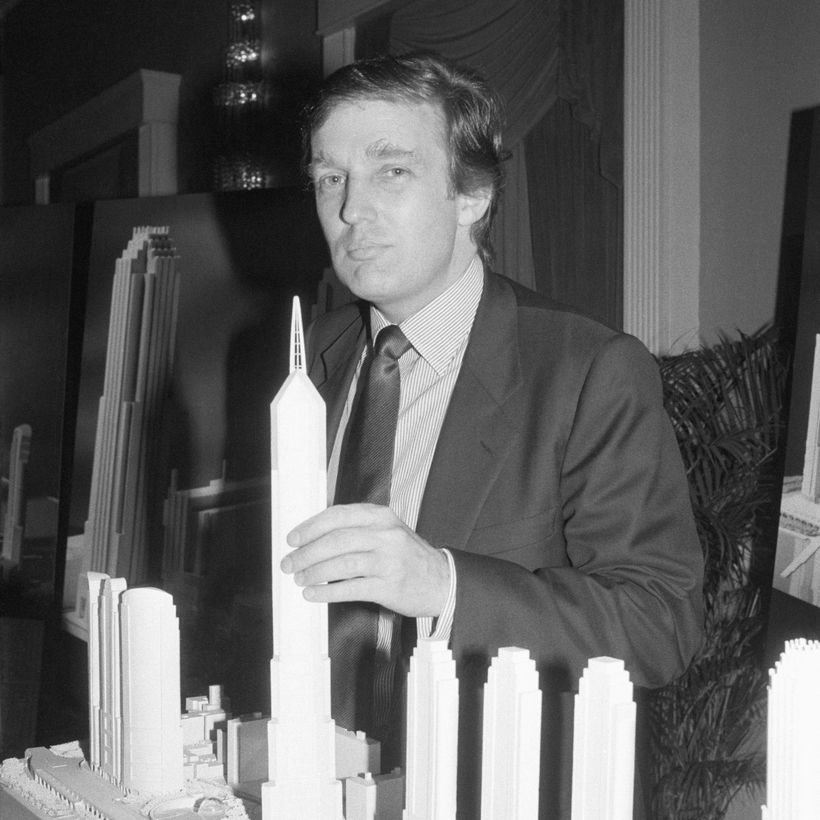As Donald Trump stood on the debate stage last week, sweat shining through his make-up, he made his hard sell to the American people: if he wins the presidential election in November, he will make the country great again. If he loses, the US is fated to doom and decline under Kamala Harris.
What he didn’t mention is that losing at the ballot box will also come at huge personal cost, leaving him staring down the sights of half a billion dollars in legal debts — not to mention possible jail time — that would threaten what remains of his business and property holdings. Indeed, his personal finances were one of the barbs Harris picked to rile Trump in last week’s debate. The man who ascended to the presidency portraying himself as a savvy billionaire could be facing enormous pressure on his finances. And it wouldn’t be the first time.

